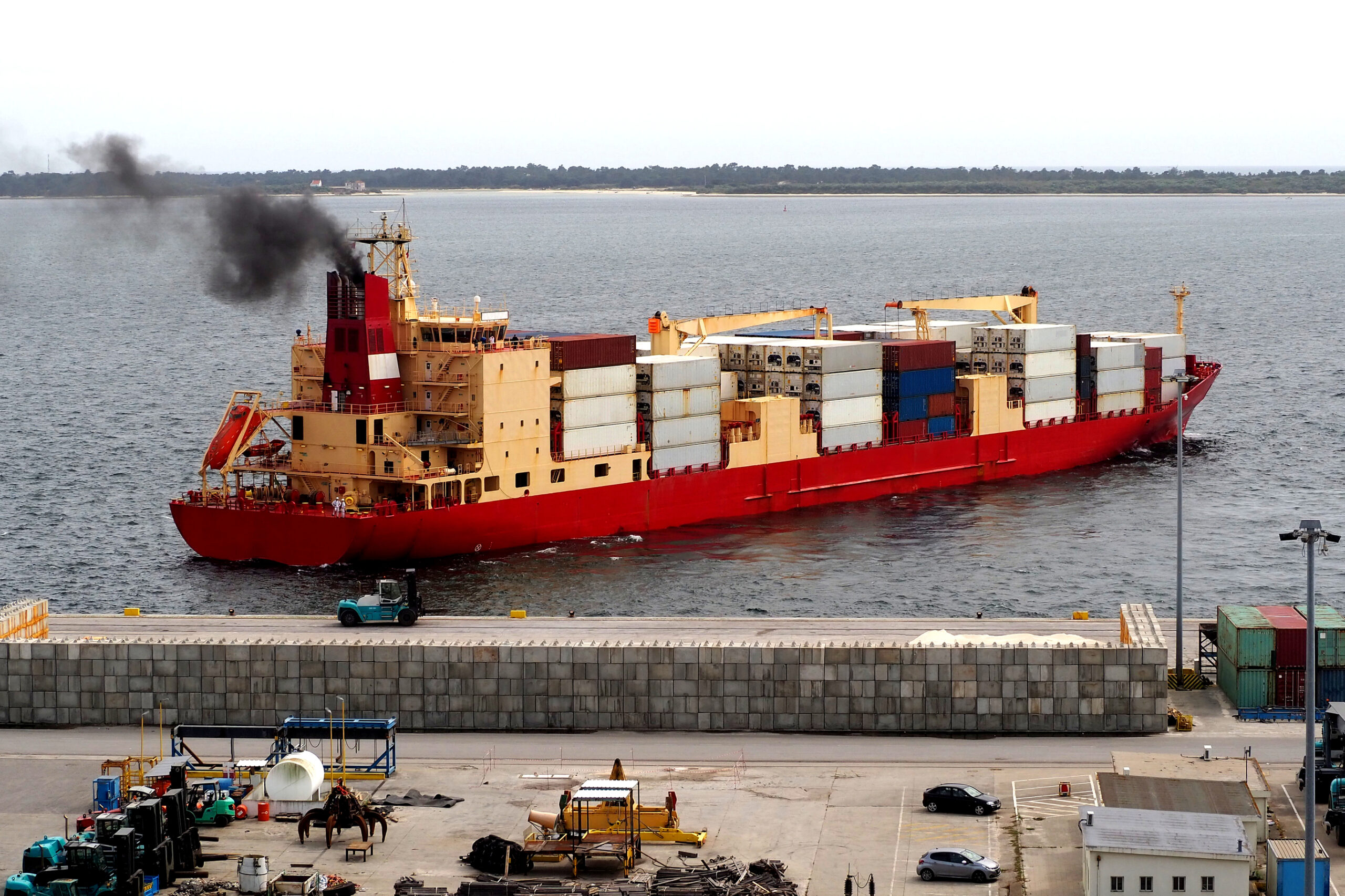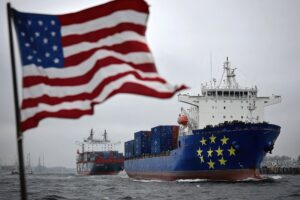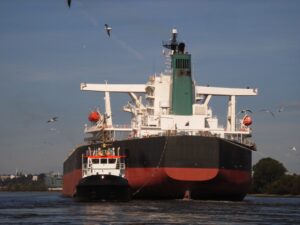Significant investments in green transition are needed for European shipping to remain competitive, a new report by former European Central Bank (ECB) president found.
For the four largest energy-intensive industries (chemicals, basic metals, non-metallic minerals and paper), decarbonisation is projected to cost €500bln overall over the next 15 years, while for the “hardest-to-abate” parts of the transport sector (maritime and aviation) investment needs stand at around €100bln each year from 2031 to 2050, according to Draghi.
The recently published report by Mario Draghi – former European Central Bank (ECB) president – identifies shipping as one the most difficult sectors to decarbonise, requiring annual investments of €40bln.
It stresses that building a supply chain for alternative fuels is critical for the EU to meet its climate targets.
“We need all hands on deck to cover the enormous price gap between conventional and clean fuels that can be up to five times more expensive,” said Sotiris Raptis, European Community Shipowners’ Associations (ECSA) Secretary General.
In a position paper released last month, European Shipowners put forward their recommendations to support the uptake of clean fuels in shipping.
The ‘Fit for 55’ package and the recent historic IMO agreement on Greenhouse Gas Strategy have set clear targets for shipping to reach net-zero by 2050.
To meet its European and international climate targets, shipping urgently needs priority access to clean fuels, in sufficient quantities and at affordable prices.
The Draghi report identifies the development of a supply chain for clean fuels as a priority for the EU, warning that otherwise the costs of meeting its climate targets will be significant.
The report also highlights the significant price gap between conventional and clean fuels, which for shipping can be up to five times more expensive.
Shipping faces stiff competition from other transport modes for access to clean fuels, ECSA said, in particular advanced biofuels and e-fuels.
“The Draghi report highlights that shipping is one of the most difficult sectors to decarbonise requiring nearly €40 billion of annual investment. The energy transition is a great opportunity for Europe to increase investments in clean tech and fuels and enhance the international competitiveness of our industry,” noted Sotiris Raptis.
“We call for a 40% production target for clean shipping fuels in Europe, in line with the benchmark of the Net-Zero Industry Act. The EU can leverage the transition of shipping to strengthen fuel manufacturing in Europe, as part of the upcoming Clean Industrial Deal and the Maritime Industrial Strategy” he added.



